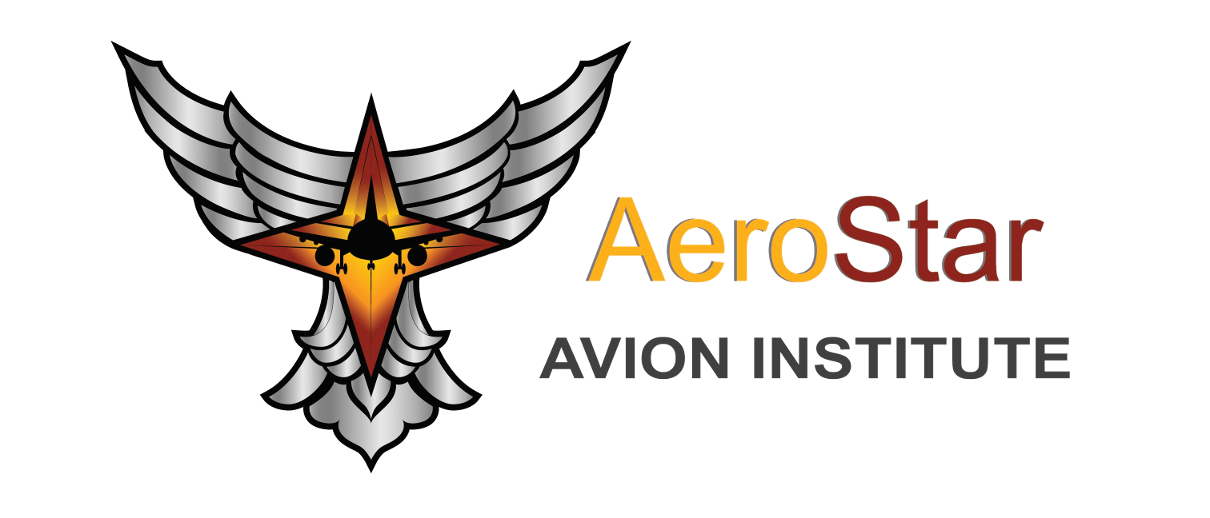
Thought Pools
THOUGHT POOLS™
Got ideas? Want to share your thoughts and explore other people’s concepts of the universe of possibilities needed to achieve a human journey beyond our solar system?
Think . . . food, arts & culture, communication, medicine, exotic energy, financial investments now, potential interstellar commerce, astronomy, education, exoplanetology, exobiology, human behavior, politics, astrophysics, IT, clothing, civilizations + . . . all aspects of the journey.
How can such innovations, knowledge and capabilities be achieved or applied right here on Earth?
Whether you want to take a deep dive or just paddle leisurely around on the surface, 100YSS Nexus has the perfect opportunity. Thought Pools are the evolved form of technical tracks . . . only much better!
Here’s How Nexus Thought Pools™ work.
One CHAIR + Five Presenters + Audience + 75 Min. = Thought Pool™.
Five slides and 5 minutes to present the concept. That is 300 seconds for you – the Presenter—to say, show, enact, demonstrate, and play what you want everyone in your pool to know.
After the presentations, the Chair will moderate a Q&A session with all presenters and the audience to digest all that has been heard.
Those presenting concepts in the Thought Pools™ will have their slides included, as well as the opportunity to have a full paper published in the 100YSS NEXUS Proceedings. But first, you have to participate.
Choose your Thought Pool. Upload your abstract of no more than 250 words with up to 4 research or background references/citations. Abstracts chosen for presentation will be notified by mid-December.
Thought Pools™
The following is the list of Thought Pools for Nexus 2023. Full descriptions of Thought Pools are available below.
- Dwelling in Space: Design for Human, Habitats & Life
- Design and Engineering for Interstellar Spacecraft
- What to Tell Them About Us?
- Generating, Storing & Controlling “Mega” Energy for Propulsion, Life Support and the Interstellar Journey
- Educating for Space: What Facilitates or Hinders Achieving An Interstellar Civilization:
- The New Frontier: Ethics, Law, Property, Crime, & Family Off Earth
- The Finances of Space Exploration: Now and into the Future
- Micro & Macro Biology in Space: Discovery, Identification, Classification and Care
- Fueling Terran Innovations by Space Exploration
- Behavioral & Mental Health for Deep Space Exploration
- Destinations and Interim Missions

2023 Thought Pools™ Timeline
Round Two Now Open
- Abstracts due [ROUND TWO]: Dec. 31, 2022
- Notification of acceptance: Jan. 5, 2022
- If accepted, Presentation & Short Paper Due: Jan. 10, 2023
The 100YSS Style Guide for Papers will be provided to presenters on acceptance of abstract. Once accepted, presenters must submit a 5 Slide / 4 Transition (maximum) Presentation and a 5 Page / 1600 Word (maximum) Short Paper prior to presenting at NEXUS 2023. These will be published in the NEXUS 2023 Proceedings. No presentation, no paper, no publish. That is, you must present at the Nexus in order for your presentation (and paper) to be published in the 100YSS Nexus Proceedings. There will be an editorial review and requested edits of all submissions prior to publication. 100 Year Starship reserves the right to refuse publication. Thought Pool Chairs have the option of selecting presentations and inviting a longer paper for publication.
To submit your abstract, click here!
Please note that you will be asked to create an account to submit your abstract.
Registration for NEXUS is a separate process. To register for NEXUS, please click here.
THOUGHT POOL DESCRIPTIONS
Dwelling in Space: Design for Human Habitats and Systems
Human travel to another star must focus on the “human” in the travel. Current design approaches and philosophies for space missions will not work for long-duration, interstellar travel. What new approaches will need to be developed? What new philosophies of physical, systems and life protocols? What skillsets should be employed? How do we live? What are our modes and ways of being? To fully explore what it means to dwell in space, we need to consider a wide array of challenges: food, clothing, rituals, entertainment, holidays, mythology, and…? How are such nuanced concepts integrated in the materials, architecture, structure, information technologies, maintenance and life support?
Design and Engineering for Interstellar Spacecrafts
Design for interstellar probes and crewed vehicles must address the unique characteristics and extreme environment of interstellar space. Consider materials, capabilities, architectures, systems integration? What are the steps to define, test and evaluate potential solutions?
Generating, Storing & Controlling “Mega” Energy for Propulsion, Life Support and the Interstellar Journey
The interstellar journey will require prodigious amounts of energy to be generated, stored and controlled. Propulsion, life support, systems management, communication for example, together and independently will demand massive levels of energy. Fundamental breakthroughs in propulsion and energy are required for interstellar travel to be feasible. To overcome the formidable time-distance barrier for travel between stars, radical leaps in engineering must be made. What technologies are currently on the horizon that may fill this need? What is the energy budget? Are there optimum or critical paths that must be explored to achieve functional “mega” energy systems? Alongside challenges are risks; what are? Considering propulsion, how fast and how far can we travel?
What To Tell Them About Us?
What is our story? What do we convey to those we’ve yet to encounter? For the future generations on the generation ship, what do we share with them about us here on Earth? For encounters with other life, and advance intelligences? What message do we have for them now? What and who should be part a first encounter? How do we best ensure our story is recognized and understood? What methodologies? Are there lessons to be learned from Earth?
Educating for Space: What Facilitates or Hinders Achieving An Interstellar Civilization
How will the process of looking for and then definitively finding “another Earth” impact the social, cultural, economic, educational, religious, legal, political, and ethical aspects of life here on Earth? How will it change us? What might be the costs? The journey beyond our solar system will push current educational practices. Commonly held beliefs and understandings of “learning” may be challenged. What are these educational paradigms that must be incorporated; are they new or old? What cultures may be models? What is education’s role—formal and informal—in producing effective space travelers and “interstellar citizens”? How is education for space managed today?
The New Frontier: Ethics, Law, Property, Crime, & Family Off Earth
As we move into the commercial era of space exploration with the advent of deep-space and interstellar missions, what are the ethical concerns to be addressed? How do we ensure that human rights both on earth in the development of space exploration and in space itself are protected? What can be done now to promote optimized space ethics framework going forward? What legal issues need to be addressed concerning personal and corporate safety and rights as well as that of nations? Will the challenges of civilization on Earth follow us off the planet and do we address crime during an interstellar voyage? If interstellar travel requires ships carrying multiple generations, how will family structures and property be impacted?
The Finances of Space Exploration: Now and into the Future
Financing a human mission to another star may be one the largest investment undertaken. What might be the rewards, risks and measures of success? What novel and/or traditional methods of investment may be taken now to manage and meet the cost of an interstellar journey?
Micro & Macro Biology in Space: Discovery, Identification, Classification and Care
As “Earth-evolved” humans, plants and other life forms travel deeper in space, we must understand much more about the fundamentals of life mechanisms. We must prepare for radical shifts in nutrition, potential therapeutics, growth and development, physiology, and ethics. Concurrently, as we search for life beyond the Earth, we may need to re-evaluate our perspective of what is defined as “life”. How do we identify and define? What are we learning about the way space affects the human body? What are our blind spots? What will be potential challenges in a generation ship, if one is necessary? Can we mitigate these challenges through technology? Further, how might the interstellar environment itself be used for life sciences research?
Fueling Terran Innovations by Space Exploration
How do we improve life here on Earth through our space exploration? What current and on-the-horizon technologies for space exploration could be utilized for improvement of life here?
Behavioral & Mental Health for Deep Space Exploration
The very nature of deep space exploration affords significant behavioral and mental health stressors. The environment and conditions will be unique. The resolution of emotional and relational challenges of deep space will require unique innovations. Future space explorers will face significant disruptions to their physiological situation that will ultimately affect mental health. The environments will be confining, and social interactions will be significantly disrupted, while being separated from loved ones on Earth. This session looks at the potential mental and behavioral health challenges and asks how do we best support the ‘human’ in human spaceflight.
Destinations & Interim Missions
Understanding the interstellar medium and the composition of exosolar systems is vital as we contemplate travel to the stars. In addition, as our gaze is drawn many light years away, focusing on closer objectives as stepping-stones to deep space will be essential. Beyond Mars, what missions should be designed to eventuate successful travel to another star? How should—how could—potential destinations be evaluated? What do we know and how do we learn more about space between the stars? What are the missions that would best support a later interstellar mission? What are precursor missions that we should begin developing now? What efforts are already in process?

COUNTDOWN TO NEXUS 2023
Day(s)
:
Hour(s)
:
Minute(s)
:
Second(s)
We exist to make the capability of human travel beyond our solar system a reality within the next 100 years. We unreservedly dedicate ourselves to identifying and pushing the radical leaps in knowledge and technology needed to achieve interstellar flight, while pioneering and transforming breakthrough applications that enhance the quality of life for all on Earth.
We actively seek to include the broadest swath of people and human experience in understanding, shaping, and implementing this global aspiration.
Taking up this task ignites not only our imagination, but the undeniable human need to push ourselves to accomplishments greater than any single individual.













